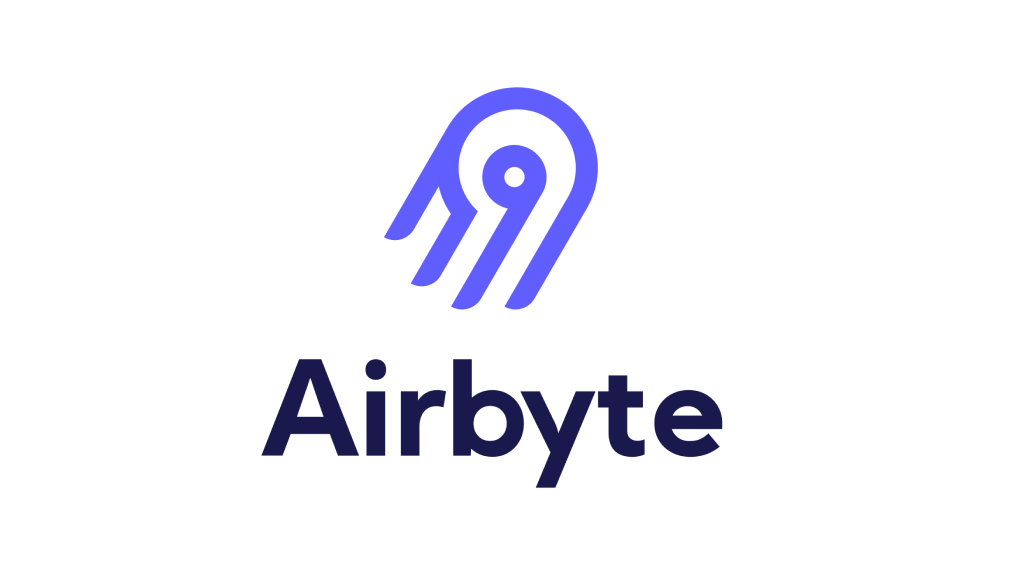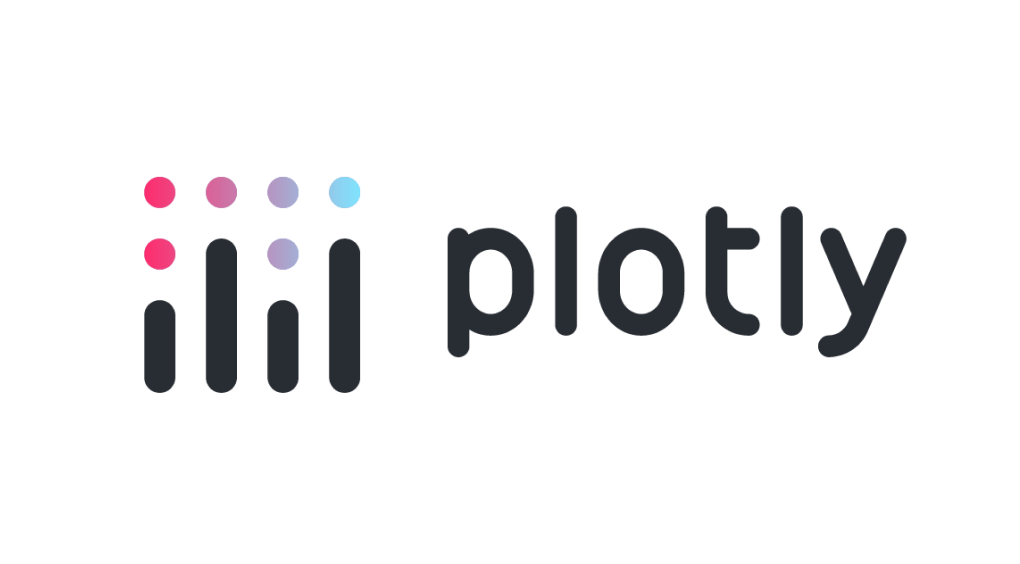Data is the key to outstanding customer experiences and sustainable business success. At FELD M, our holistic approach covers strategy, implementation, and optimization to activate your customer data. We specialize in traditional and composable CDPs, CXM, and data-driven CRM strategies, helping you deliver personalized interactions that boost engagement and drive measurable results.

Data is the key to outstanding customer experiences and sustainable business success. At FELD M, our holistic approach covers strategy, implementation, and optimization to activate your customer data. We specialize in traditional and composable CDPs, CXM, and data-driven CRM strategies, helping you deliver personalized interactions that boost engagement and drive measurable results.

Successful data activation projects begin with a well-thought-out strategy and clear goals. We help you develop a comprehensive data strategy that goes beyond CDPs and considers your entire MarTech ecosystem.
Our expertise in modern data stacks enables us to design future-proof and scalable architecture. You can find out more about our services for building modern data platforms here.
We help you choose the best technology—whether it's a CDP or another data activation tool—to fit your needs and current tech stack. Our goal is to provide you with a flexible infrastructure that integrates into your existing systems and supports your business goals.
We support you with securing and efficiently implementing your CDP, Customer Engagement Platform (CEP), and other MarTech tools. We oversee the entire technical implementation and coordination, ensuring a smooth integration into your existing setup. Our focus throughout is exceptional data quality and seamless data flow.
We transform your data into valuable insights and measures.
We get your team ready for CDPs and data activation – with customized on-site, online, or interactive training courses that are precisely tailored to the needs and skills of your employees.







Focusing on your business goals, we develop a personalized customer experience and CRM strategy grounded in thorough analysis and proven methods. Our expertise guarantees a comprehensive plan that seamlessly integrates every aspect—from data strategy to performance measurement—customized to your company's unique requirements.
From consulting and implementation to ongoing optimization, we provide a complete end-to-end service package. You benefit from a central point of contact and close coordination between our experts throughout every project phase.
With our extensive expertise and diverse partnerships, we provide objective advice specifically tailored to your needs. We recommend solutions that align perfectly with your business goals, free from any vendor bias.
We specialize in implementing and configuring Customer Data Platform (CDP) solutions, ensuring they integrate effortlessly into your existing systems. If you only need certain components, we can handle that too. When it makes sense for your project, we’re happy to leverage open-source technologies. Our highly adaptable approach ensures that the solution works seamlessly for your business.
Learn how to move, store and serve your data
Get to know how you can organize, analyse and activate your data
Gain a secure, powerful, and affordable data platform with our turn-key solution
What is a customer data platform (CDP)?
A customer data platform (CDP) collects, unifies, and makes customer data actionable for marketing purposes. It provides a centralized, persistent customer database with transparent and granular individual-level data.
How is a CDP different from other systems like CRMs or DMPs?
Unlike CRM or DMP systems, a CDP provides a more comprehensive view of customers by integrating both known and anonymous data and updating this data in real-time.
How does data integration differ between traditional and composable CDPs?
Traditional CDPs often rely on their own isolated data repository. In contrast, composable CDPs build on existing data warehouses, offering greater flexibility in data integration.
What is a composable CDP?
A composable CDP is a modular approach that allows organizations to flexibly combine components for data collection, storage, and activation. Instead of forming a standalone platform, it builds on a company’s existing data infrastructure.
What is reverse ETL, and why is it important for CDPs?
Reverse ETL allows data to flow from a data warehouse into operational systems. This feature is essential for composable CDPs, as it enables the real-time activation of customer data.
What are the advantages of a composable CDP compared to traditional CDPs?
A composable CDP creates customer profiles directly within a company’s existing data warehouse, rather than storing them in a separate CDP database. Key benefits include:
Modular design: Flexibility to combine technologies for different functions.
Use of existing infrastructure: Avoids creating duplicate data copies.
Greater control and flexibility: Enhanced governance over data usage.
Compared to traditional CDPs, this approach offers:
Immediate access to all company data.
Better adaptability to future infrastructure changes.
Potential cost savings, as only necessary functionalities are implemented.
However, implementing a composable CDP can be more complex and may require greater technical expertise. The choice between a composable and traditional CDP depends on a company’s specific needs and available resources.
What does “zero data copy” mean in the context of CDPs?
“Zero data copy” refers to a CDP’s ability to use data without duplicating it. This minimizes redundancies and enhances data efficiency.
How can a CDP improve personalization and the customer experience?
CDPs provide a unified view of customers, enabling more targeted and relevant interactions across channels. This improves personalization and enhances the overall customer experience.
What role does data privacy play in using CDPs?
Data privacy is a critical component of any successful customer data platform (CDP). While CDPs allow for extensive collection and analysis of customer data, they must also ensure compliance with stringent privacy requirements.
Key privacy features include:
Centralized consent management: A unified platform for managing and documenting customer consent.
Granular access control: Data usage can be precisely governed at an individual level.
Transparent data processing: Customers have full visibility into how their data is processed.
Efficient compliance: Streamlined handling of data access and deletion requests.
Automated privacy processes: Tasks like data cleansing can be automated to ensure compliance.
What’s the difference between customer experience management (CXM) and CRM?
Customer Experience Management (CXM) is all about improving every interaction your customers have with your business. The goal? To create positive, memorable experiences at every touchpoint. CRM (Customer Relationship Management), on the other hand, focuses on organizing and managing customer data and relationships.
We can help you bridge the gap. By developing a CXM strategy that puts your CRM data to work, we design tailored, meaningful customer experiences that add value at every stage of the journey.
happy clients, including 11 DAX companies
Net Promoter Score
client relationships with a duration of more than 5 years
years in the market
